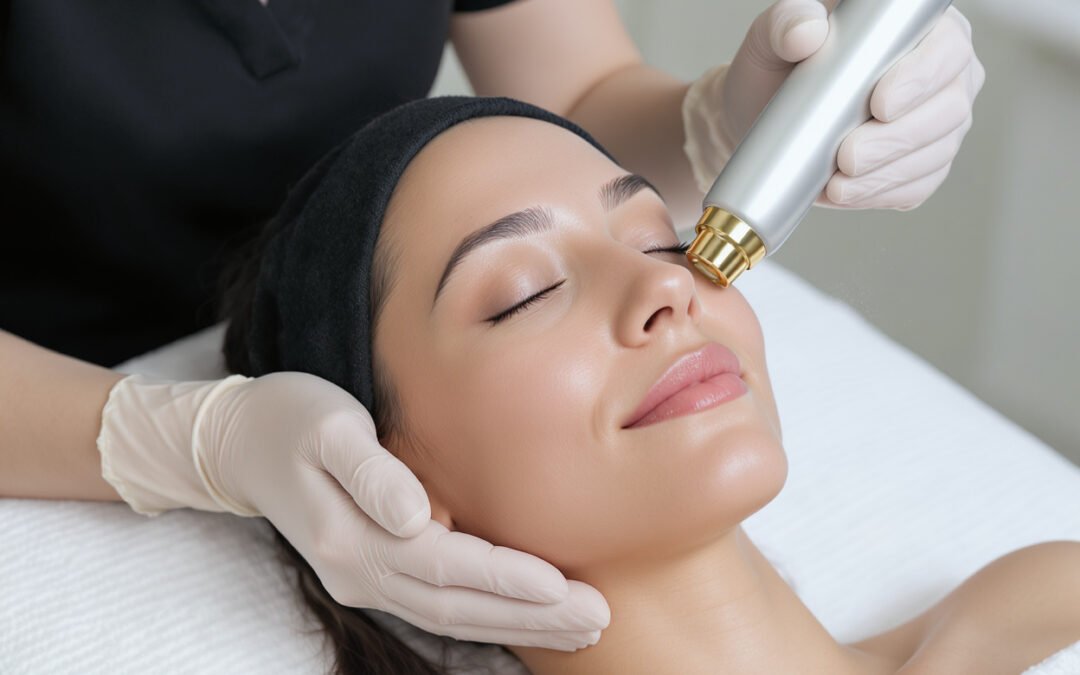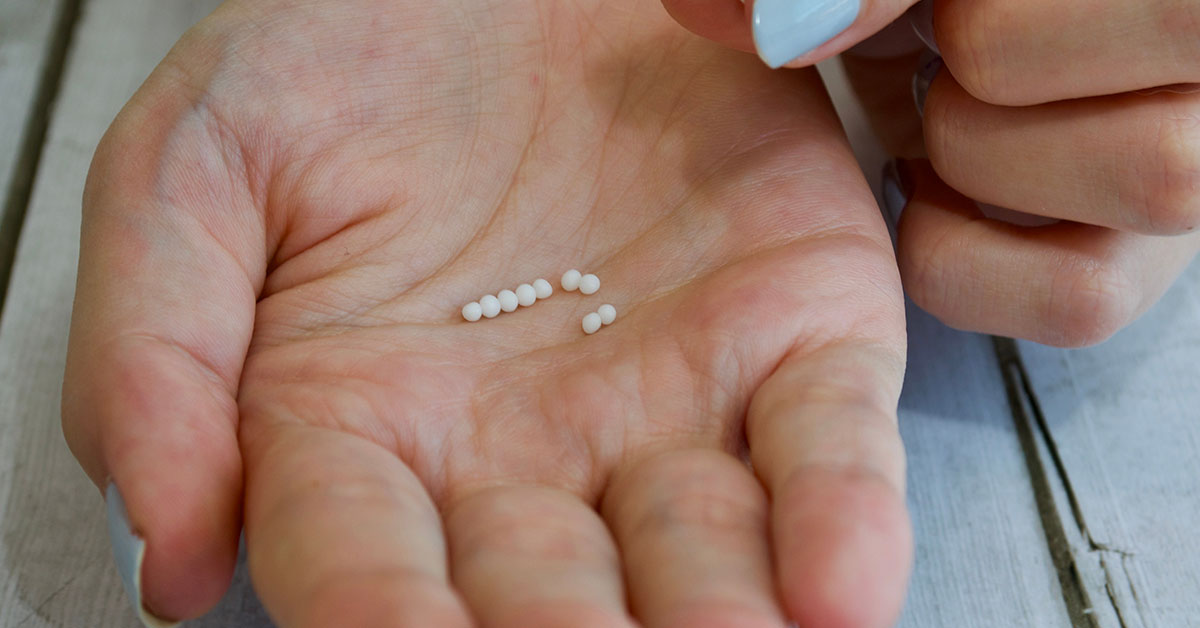
Unlocking the Secrets of HGH: The Science Behind Human Growth Hormone
TABLE OF CONTENTS
Human growth hormone (HGH), a peptide hormone produced by the pituitary gland, is a crucial player in growth, body composition, cell repair, and metabolism. The intrigue surrounding HGH has grown significantly in recent years, especially with its association with anti-aging, muscle growth, and overall wellness. But what is HGH, and what does the science say about its effects and potential benefits? Let’s unlock the secrets of this fascinating hormone.
The Fundamentals of HGH
HGH is a protein composed of 191 amino acids, synthesized and secreted by the anterior pituitary gland. This hormone plays a vital role during childhood and adolescence, stimulating growth and development. After the growth plates in bones close, HGH continues to have essential functions, notably in metabolism regulation, muscle mass retention, and tissue repair.
The secretion of HGH is pulsatile, meaning it is released in bursts. These peaks are influenced by various factors, including age, sleep, exercise, and nutrition. For instance, HGH levels typically rise during deep sleep, which is why prioritizing quality rest is vital for those looking to maximize their HGH benefits.
The Benefits of HGH
A wealth of research has explored the roles and potential applications of HGH in both clinical settings and recreational use. Some of the notable benefits include:
-
- Muscle Growth and Repair: HGH stimulates the production of insulin-like growth factor 1 (IGF-1), which promotes muscle growth and repair. This has led to its popularity in the athletic community, where it’s often viewed as a performance-enhancing substance.
- Muscle Growth and Repair: HGH stimulates the production of insulin-like growth factor 1 (IGF-1), which promotes muscle growth and repair. This has led to its popularity in the athletic community, where it’s often viewed as a performance-enhancing substance.
-
- Fat Metabolism: HGH is known to increase lipolysis, the breakdown of fat cells for energy. This property has spurred interest in using HGH for fat loss, though results can vary widely among individuals.
- Fat Metabolism: HGH is known to increase lipolysis, the breakdown of fat cells for energy. This property has spurred interest in using HGH for fat loss, though results can vary widely among individuals.
-
- Bone Density: Research has shown that HGH plays a role in increasing bone density, which is especially beneficial for aging populations susceptible to osteoporosis.
- Bone Density: Research has shown that HGH plays a role in increasing bone density, which is especially beneficial for aging populations susceptible to osteoporosis.
-
- Anti-Aging Effects: While the concept of HGH as an anti-aging hormone is popular, the scientific community remains cautious. Some studies suggest that HGH may improve skin elasticity and reduce wrinkles, but these effects can vary significantly and must be approached with caution.
- Anti-Aging Effects: While the concept of HGH as an anti-aging hormone is popular, the scientific community remains cautious. Some studies suggest that HGH may improve skin elasticity and reduce wrinkles, but these effects can vary significantly and must be approached with caution.
-
- Improved Recovery: Athletes and fitness enthusiasts often seek HGH for its potential to enhance recovery after strenuous exercise, helping to reduce soreness and expedite healing.
- Improved Recovery: Athletes and fitness enthusiasts often seek HGH for its potential to enhance recovery after strenuous exercise, helping to reduce soreness and expedite healing.
The Controversy Surrounding HGH
Despite its potential benefits, the use of HGH is fraught with controversy. The hormone is prohibited by many sports organizations, including the World Anti-Doping Agency (WADA), due to its performance-enhancing capabilities. Additionally, unregulated use can lead to significant side effects, including:
-
- Joint and Muscle Pain: Excessive doses of HGH can cause discomfort in the extremities.
-
- Edema: This condition involves swelling due to an accumulation of fluid, which can lead to cardiovascular issues.
-
- Insulin Resistance: Overuse can disrupt blood sugar levels, leading to increased risks of diabetes.
The Importance of Medical Supervision
Given the potential risks associated with HGH usage, it’s critical that individuals considering HGH for therapeutic or enhancement purposes consult healthcare professionals. In clinical settings, HGH therapy is prescribed for conditions like growth hormone deficiency or certain chronic diseases. In these cases, monitoring and medical supervision ensure the safety and effectiveness of treatment.
Natural Ways to Stimulate HGH Production
While synthetic HGH is available through prescriptions, there are natural ways to boost your body’s synthesis of this hormone:
-
- Exercise: High-intensity workouts, especially strength training and high-intensity interval training (HIIT), have been shown to promote the natural release of HGH.
- Exercise: High-intensity workouts, especially strength training and high-intensity interval training (HIIT), have been shown to promote the natural release of HGH.
-
- Adequate Sleep: Prioritizing quality sleep, particularly deep sleep, plays a crucial role in optimizing natural HGH levels.
- Adequate Sleep: Prioritizing quality sleep, particularly deep sleep, plays a crucial role in optimizing natural HGH levels.
-
- Nutrition: A balanced diet rich in protein and good fats while limiting sugars can support HGH production.
- Nutrition: A balanced diet rich in protein and good fats while limiting sugars can support HGH production.
-
- Intermittent Fasting: Fasting has been linked to increased HGH levels, as it prompts the body to utilize stored fat for energy.
- Intermittent Fasting: Fasting has been linked to increased HGH levels, as it prompts the body to utilize stored fat for energy.
-
- Minimize Stress: Chronic stress elevates cortisol, which can inhibit HGH production. Engaging in stress-reduction techniques such as mindfulness and meditation can help normalize hormone levels.
- Minimize Stress: Chronic stress elevates cortisol, which can inhibit HGH production. Engaging in stress-reduction techniques such as mindfulness and meditation can help normalize hormone levels.
Conclusion
Human growth hormone is a powerful entity in the world of human physiology, with significant implications for growth, metabolism, and overall health. While the allure of HGH therapies and supplements is undeniable, understanding the science behind it is essential. Before venturing into HGH use, especially in non-medical contexts, individuals should be well-informed about the potential benefits and risks. With a cautious and educated approach, it is possible to harness the strength of HGH while maintaining health and safety.







